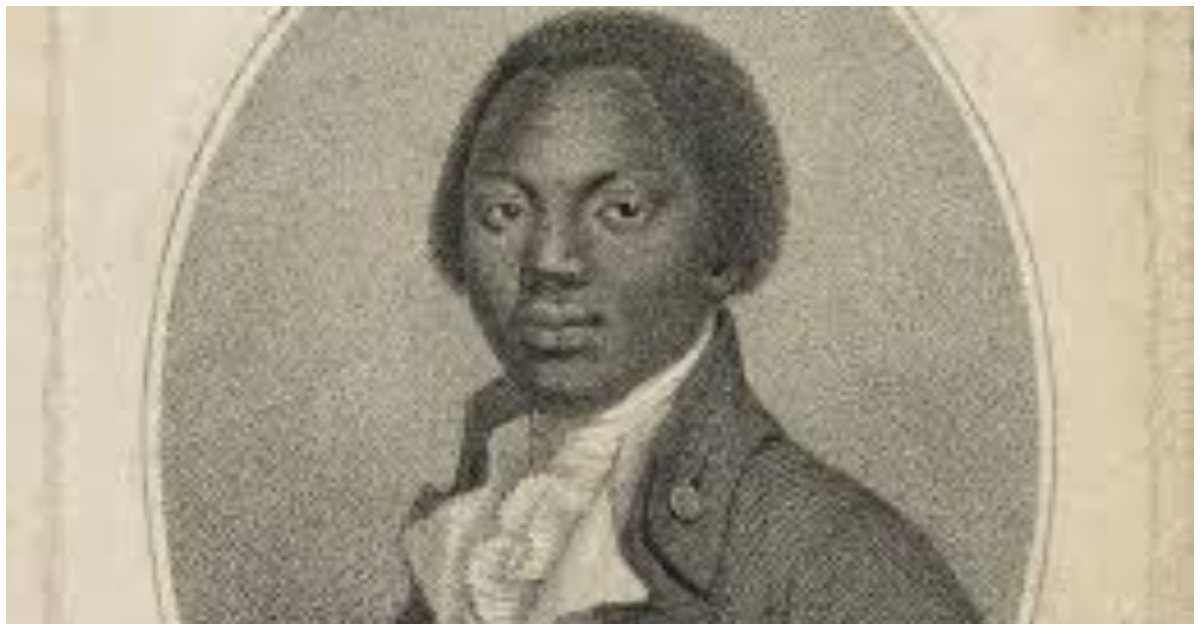A Former Slave’s Unprecedented Arctic Expedition
In 1773, Olaudah Equiano made history as the first Black man to cross the Arctic Circle. This remarkable journey took place aboard the Racehorse, a ship led by Constantine Phipps. Equiano’s participation in this expedition was just one chapter in his extraordinary life story.
Equiano’s vivid account of the Arctic voyage provides a unique perspective on 18th-century exploration. His writings offer insights into the challenges and wonders of navigating the frozen north. This historic journey took the crew to latitudes never before reached by European explorers.
From Slavery to Freedom: Equiano’s Extraordinary Life
Before his Arctic adventure, Equiano lived a life marked by both hardship and triumph. Born around 1745, he endured the horrors of slavery from a young age. However, his intelligence and determination eventually led him to purchase his own freedom.
Equiano’s early life remains a subject of debate among historians. While he claimed African birth, some scholars suggest he may have been born in South Carolina. Regardless of his birthplace, Equiano’s experiences as a slave deeply influenced his later work as an abolitionist.
Navigating Uncharted Waters: Equiano’s Arctic Experience
Equiano’s writings paint a vivid picture of the Arctic landscape. He described seeing “many very high mountains of ice” and “a great number of very large whales.” The constant daylight of the Arctic summer particularly impressed him, noting how it “gave cheerfulness and novelty” to the scene.
Despite the beauty, Equiano also recorded the dangers of Arctic exploration. The Racehorse narrowly escaped being crushed by ice, a harrowing experience that tempered Equiano’s initial excitement. He described the Arctic as an “uninhabited extremity of the world” with an “inhospitable climate.”
Legacy of an Arctic Pioneer and Abolitionist
Equiano’s Arctic journey was just one chapter in his eventful life. After returning to England, he became a key figure in the abolitionist movement. His autobiography, published in 1789, played a crucial role in building the case against slavery.
The impact of Equiano’s work extended beyond his lifetime. He died in 1797, a decade before Britain abolished the slave trade. However, his writings continued to influence public opinion on slavery. Today, Equiano is remembered not only as an Arctic pioneer but as a powerful voice for freedom and equality.
Equiano’s Lasting Impact on History and Literature
Equiano’s autobiography, “The Interesting Narrative of the Life of Olaudah Equiano,” went through nine editions during his lifetime. This work provided a firsthand account of the horrors of slavery, including the dreaded “middle passage” across the Atlantic.
Beyond its historical significance, Equiano’s writing is celebrated for its literary merit. His vivid descriptions of the Arctic and his personal experiences continue to captivate readers today. Equiano’s life story serves as a testament to human resilience and the power of the written word.





